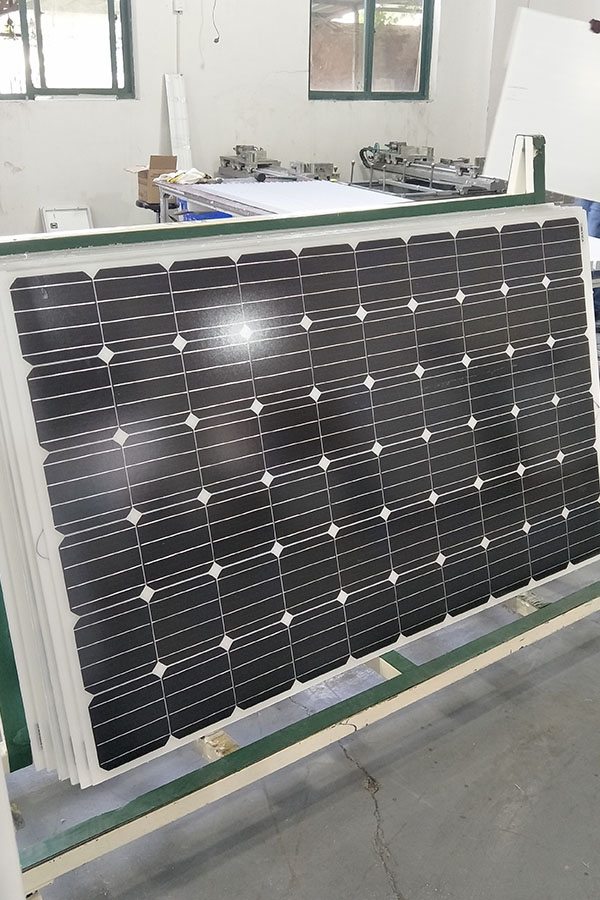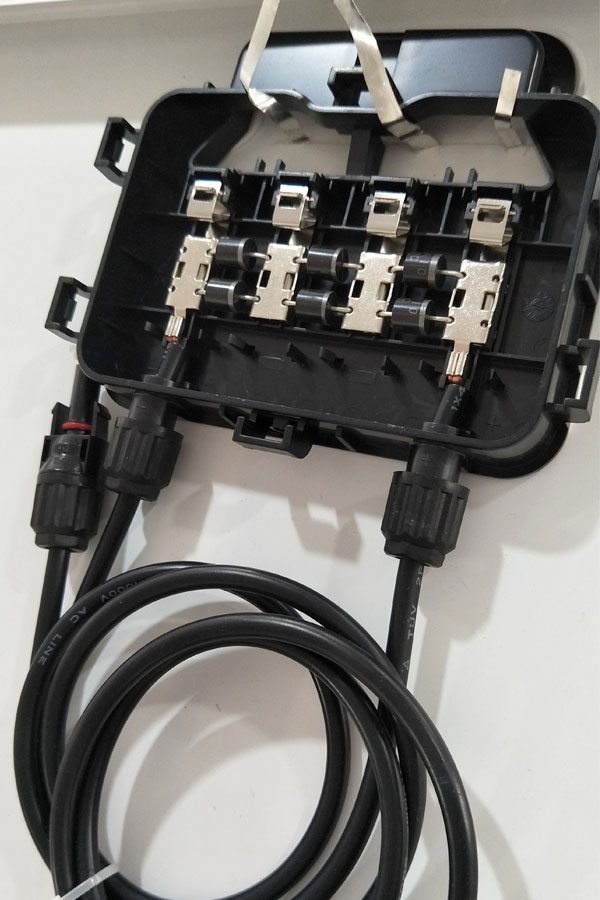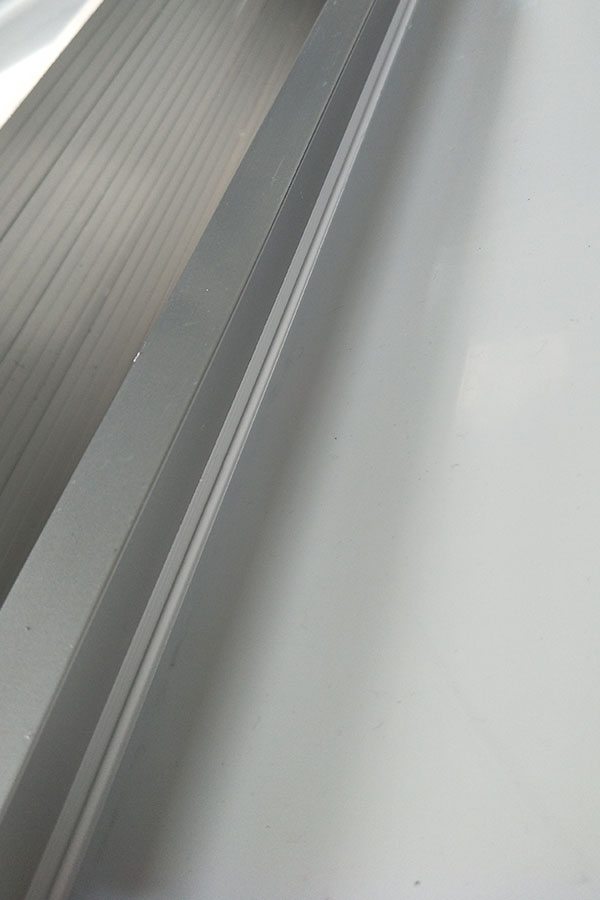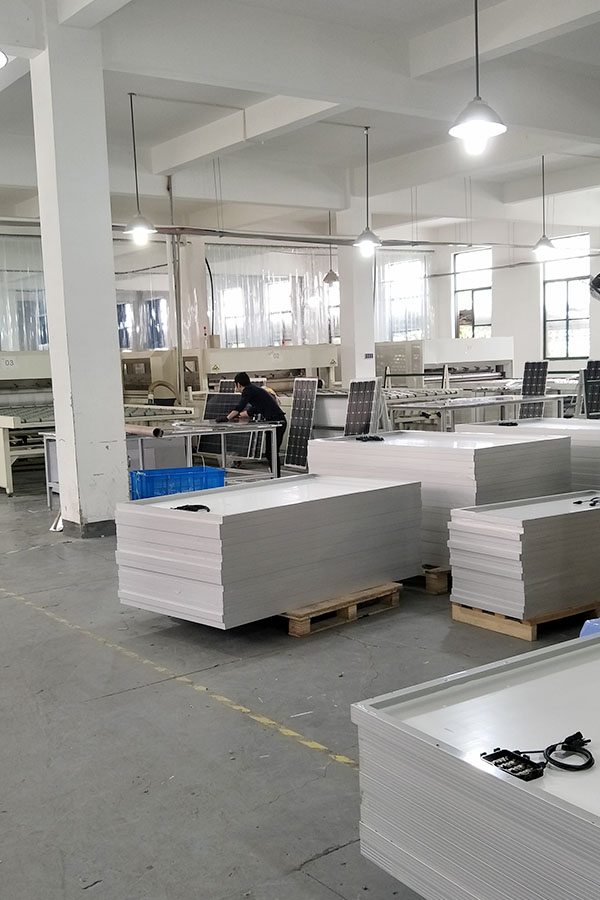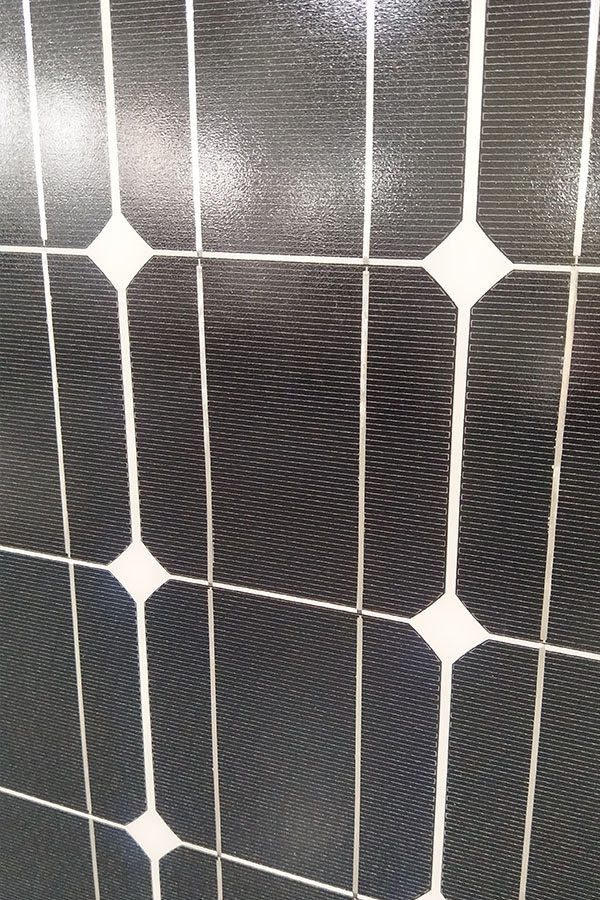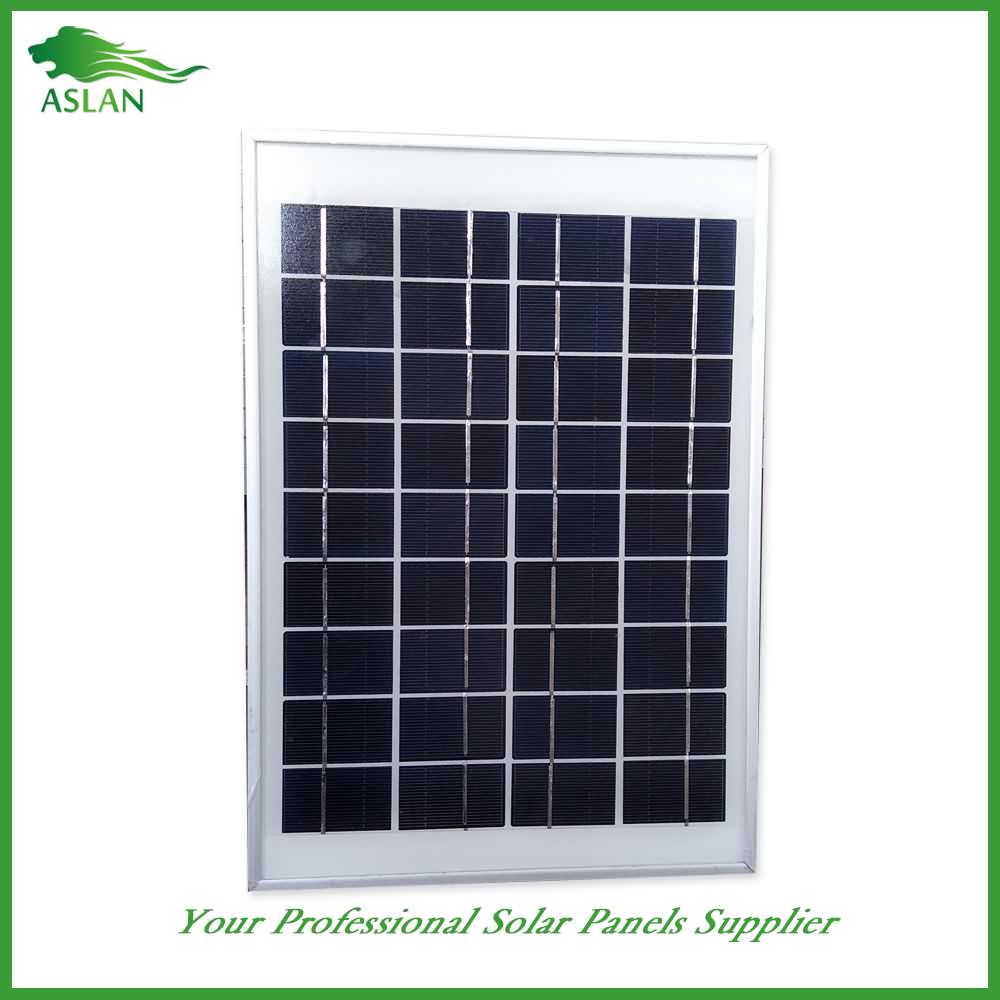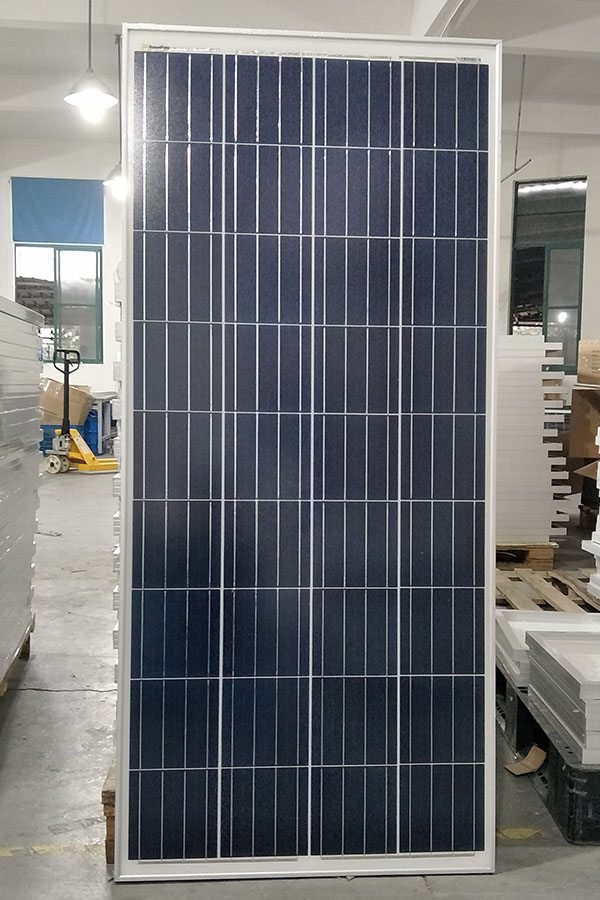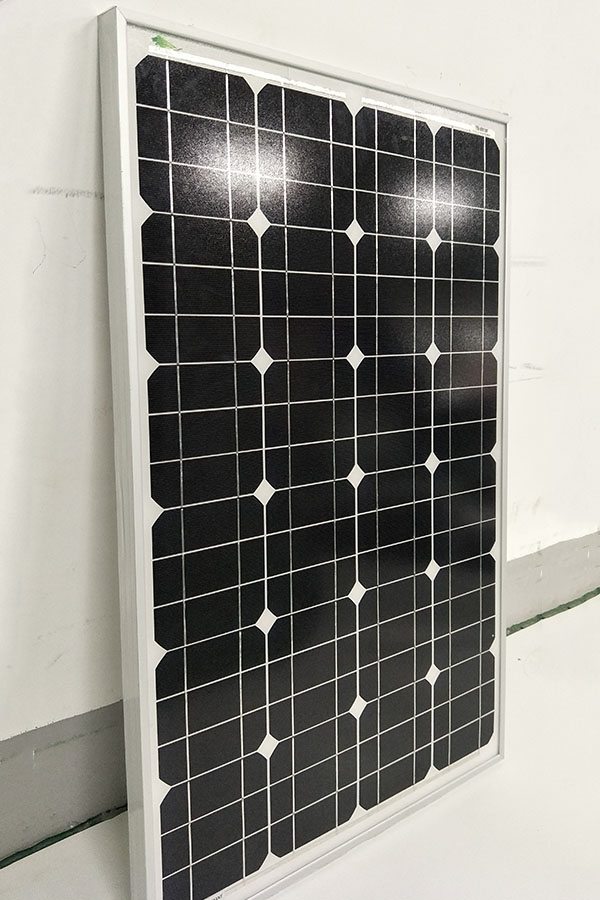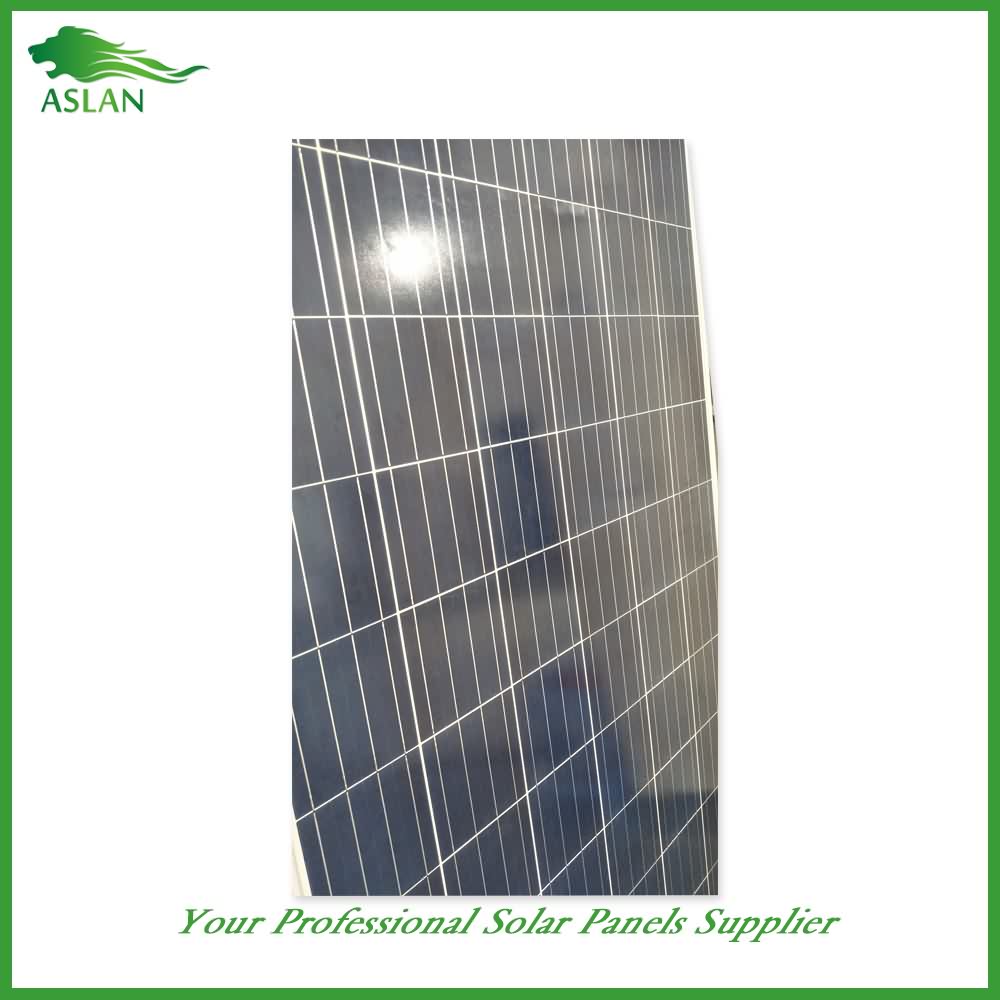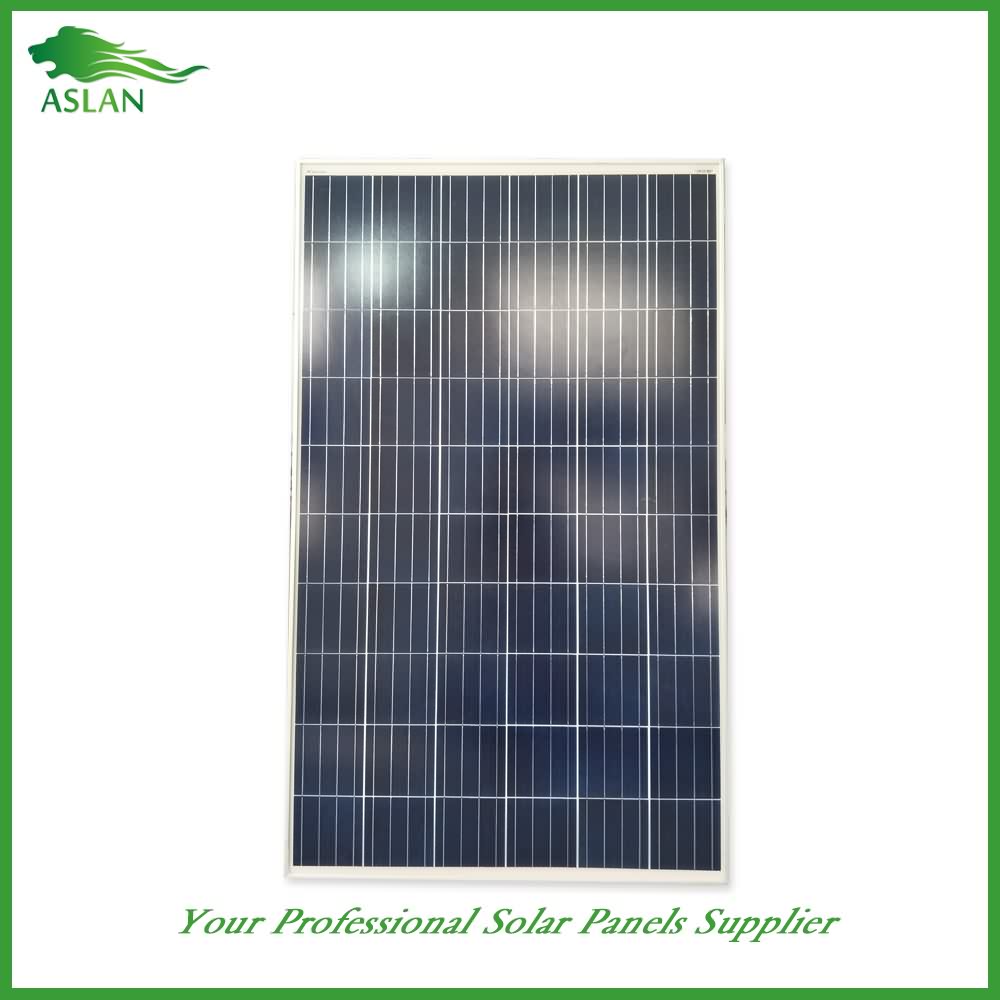Europe style for Mono-Crystalline 250W Solar Panel Manufacturer in Provence
Short Description:
We insist on the principle of development of 'High quality, Efficiency, Sincerity and Down-to-earth working approach' to provide you with excellent service of processing for Europe style for Mono-Crystalline 250W Solar Panel Manufacturer in Provence, We hope to establish more business relationships with customers all over the world.
Mono-Crystalline 250W Solar Panel
Technical parameter
Maximum Power(W) 250W
Optimum Power Voltage(Vmp) 30.3V
Optimum Operating Current(Imp) 8.29A
Open Circuit Voltage(Voc) 36.76V
Short Circuit Current(Isc) 8.91A
Mechanical Characteristics
Cell Type Monocrystalline 156x156mm (6 inch)
No of Cell 60 (6x10pcs)
Dimensions 1640x990x40mm
Weight 18.0KGS
Front Glass 3.2mm,High Transmission, Low Iron,Tempered Glass
Junction box IP65 Rated
Output Cable TUV 1×4.0mm2/UL12AWG,Length:900mm
Temperature and Coefficients
Operating Temperature(°C): -40°C ~ + 85°C
Maximum System Voltage: 600V(UL)/1000V(IEC) DC
Maximum Rated Current Series: 15A
Temperature Coefficients of Pmax: -0.47%
Temperature Coefficients of Voc: -0.389%
Temperature Coefficients of Isc: 0.057%
Nominal Operationg Cell Temperature (NOCT): 47+/-2°C
Materials of solar panel
1).Solar Cell——Mono-crystalline solar cell 156*156mm
2).Front Glass——-3.2mm, high transmission, low iron, tempered glass
3).EVA——-excellent anti-aging EVA
4).TPT——-TPT hot seal made of flame resistance
5).Frame——anodized aluminum profile
6).Junction Box——-IP65 rated, high quality, with diode protection
Superiority: high quality anodized aluminum frame, high efficiency long life, easy installation, strong wind resistance, strong hail resistance.
Features
1. High cell efficiency with quality silicon materials for long term output stability
2. Strictly quality control ensure the stability and reliability, totally 23 QC procedures
3. High transmittance low iron tempered glass with enhanced stiffness and impact resistance
4. Both Polycrystalline and Mono-crystalline
5. Excellent performance in harsh weather
6. Outstanding electrical performance under high temperature and low irradiance
Quality assurance testing
Thermal cycling test
Thermal shock test
Thermal/Freezing and high humidity cycling test
Electrical isolation test
Hail impact test
Mechanical, wind and twist loading test
Salt mist test
Light and water-exposure test
Moist carbon dioxide/sulphur dioxide
This very unusual small tower house sits at an elevation of 5,700 feet in the Italian Alps. Casa Solare was designed by Milan’s Studio Albori to look “undesigned”, as if no professional architect had been involved in its planning. Not only that, it looks as if no professional carpenter had been involved in its construction. Roofs slope at odd angles, the cladding is missing from one wall, extensions jut out at random, and there is no sign of symmetry or order to be found anywhere. Step inside and you will see unfinished OSB used as a wall finish, wooden boxes screwed to the walls for kitchen storage, and rustic furniture made from scrap lumber.
The haphazard appearance is deceiving, however. Just below the surface (or right at the surface in the case of the southern façade) is a precisely cut timber frame. And within the timber framed bays of that unfinished south wall are some sophisticated solar energy components.
Studio Albori placed almost all the windows on the south wall for direct passive solar heat gain. Interspersed with the windows are panels containing a phase-change material. Mineral salts within the panels absorb the sun’s heat, melting in the process. The salts recrystallize at night, releasing the stored heat into the house. High levels of insulation in the other walls plus a heat recover ventilator help to keep the heat inside.
The three-story house has two bedrooms and a bunkroom in just 83 m2 (893 ft2) of above-ground floor space. The architects put all the main rooms on the south side, taking advantage of the sun exposure and breathtaking views of the mountains. Service and storage areas are located on the colder north side.
A third strategy for harvesting solar energy consists of a large photovoltaic array mounted on the roof. The PV array generates enough power to meet all of Casa Solare’s electrical needs and then some. A wood cookstove is used to heat water as well as to supplement the solar space heating.
Photographs courtesy of Studio Albori. Via Treehugger.
http://www.albori.it/
http://www.treehugger.com/slideshows/green-architecture/casa-solare-studio-albori-mixes-passive-design-and-gorgeous-wood/
More Videos: #tinyhouse #tinyhouses #smallhouse #cottage #cabin #tiny #tinyhome
============================
#TinyHouseLover is a channel sharing homes under 500 sq ft. In the past few years, #tiny homes have surged in popularity. They’re economical, environmentally friendly, and encourage people to live minimally.
